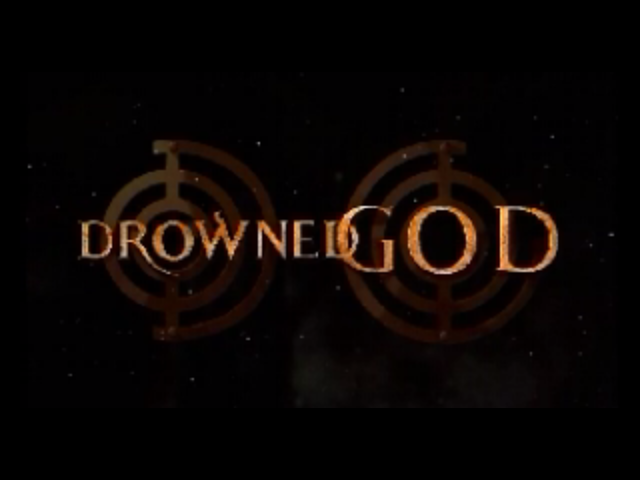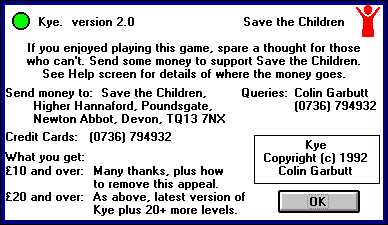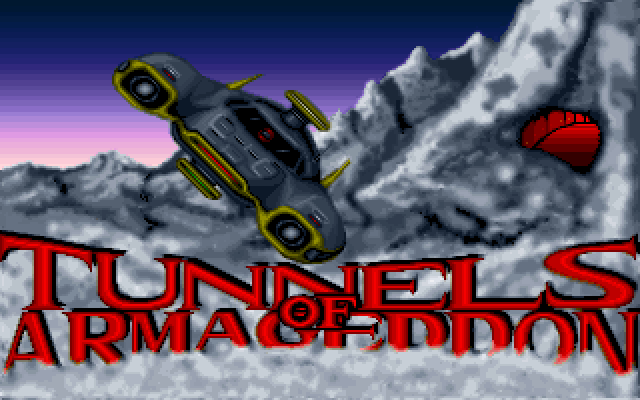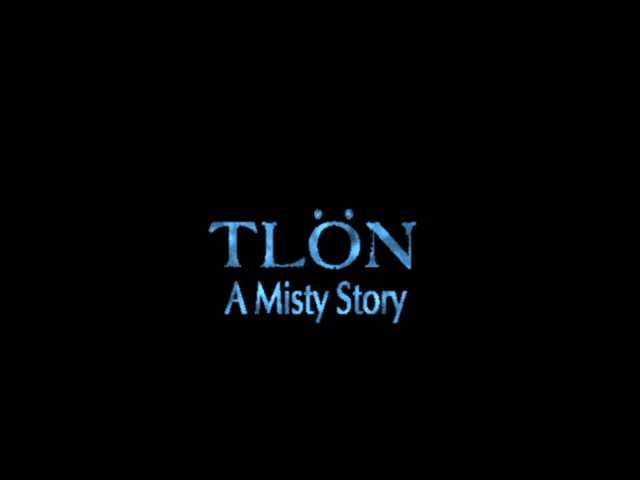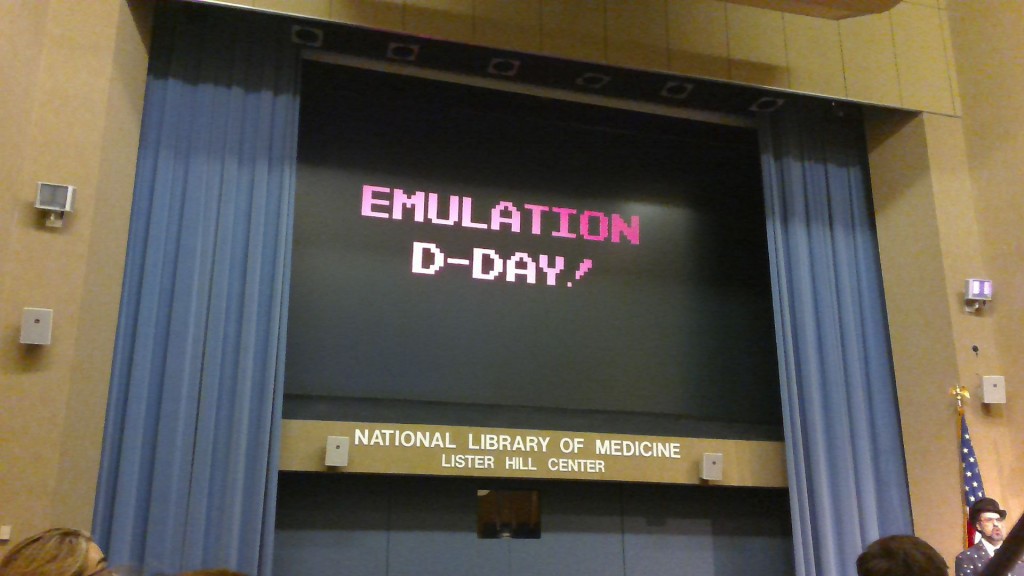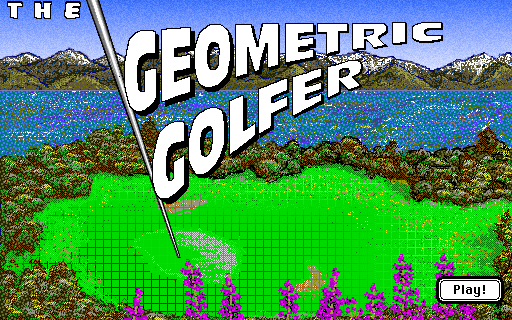Drowned God: Conspiracy of the Ages 
Not every mystery has an answer. Yet we crave resolution, and if we can find meaningful rationale for a confusing series of events, we’ll take it. Drowned God: Conspiracy of the Ages knows this urge and uses it against you. The game fashions a grab-bag version of historical truth, raising nonsensical questions thrown together from tidbits from every religion and every corner of the world. Then it provides its own solutions, attempting to prove how its assemblage can explain all our questions about life and spirituality.
This only works if you accept that the game has some sensible interpretation of its ideas in mind, and if you want assurance in Drowned God‘s barrage of recurring signs and allusions, you have no choice. It tricks you into believing in conspiracy, placing paranoia above reason, and celebrating the discovery of grand unifying knowledge that exists because it has to. » Read more about Drowned God: Conspiracy of the Ages

